Coconut oil may assist in combating scalp infections, repairing split ends, and supporting healthier hair growth. However, it also comes with some potential downsides.
Coconut oil is a lipid extracted from fresh or dried coconuts. At room temperature it appears as a solid, white butter-like substance and liquefies when warmed.
This natural oil has long been used as a food, for cooking, and as a beauty and hair treatment.
There is a substantial body of research examining coconut oil’s effects on the body, skin, and hair. Many people apply coconut oil to their hair and scalp believing it promotes faster growth. Below we’ll examine whether that claim holds up.
Coconut oil and hair
Currently there’s no definitive research proving that coconut oil accelerates hair growth. Still, coconut oil can enhance the condition of hair and scalp, which may create the appearance of faster-growing hair.
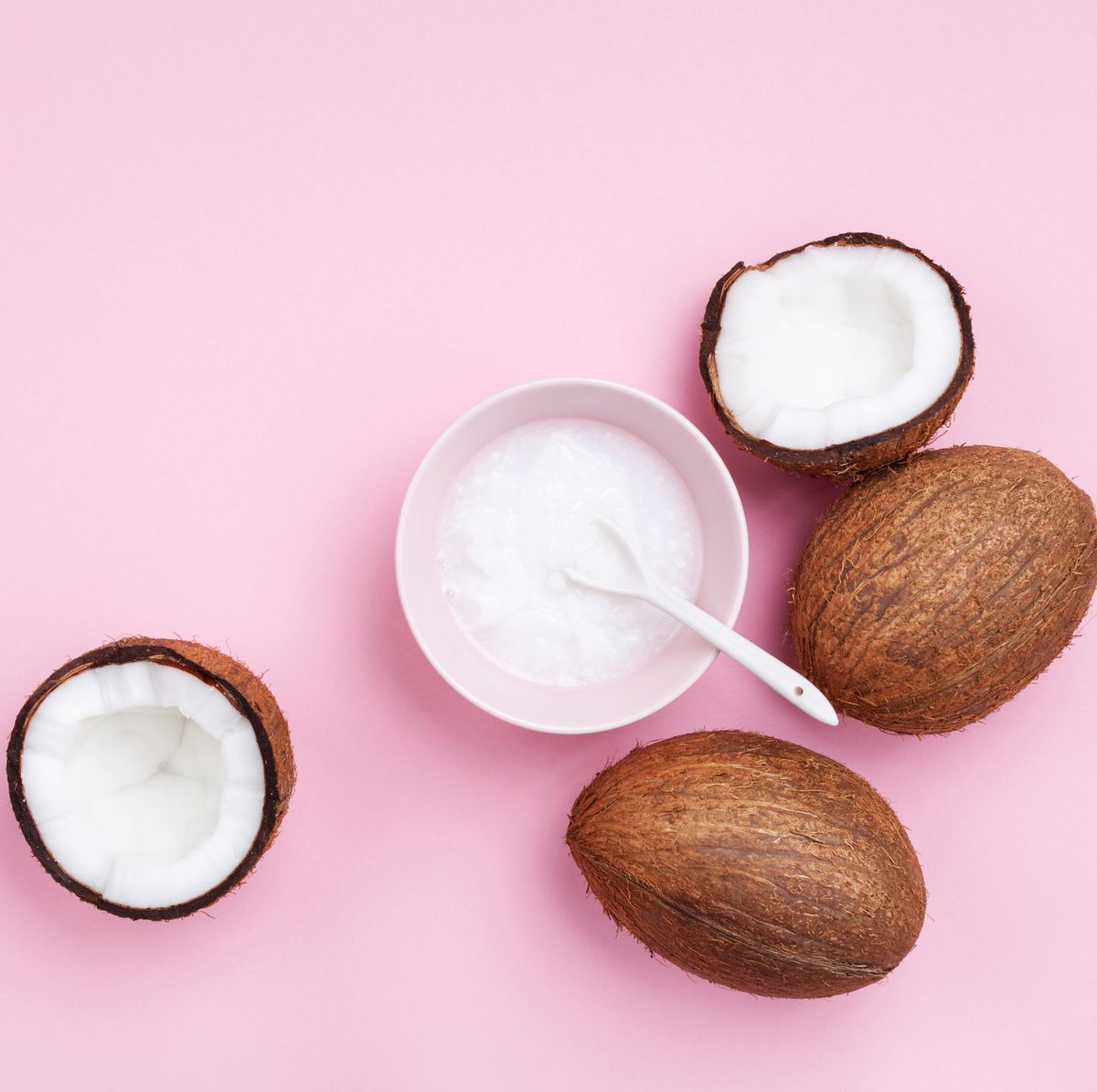
Combats fungal infections
Healthy hair starts with a healthy scalp. Maintaining scalp health may support improved hair growth.
A recent laboratory study reported that coconut oil helped eliminate certain types of fungal infections.
Coconut oil may help treat or prevent dandruff and other fungal issues on the scalp. Further research is required to determine whether coconut oil provides the same benefits for skin and scalp health in broader settings.
Soothes irritation
Coconut oil is a natural saturated fat. Its high fat content may help soothe scalp irritation, reduce flaking, and relieve itching. The oil’s fatty components can also lock moisture into the hair.
Helps repair split ends
A study observed that coconut oil penetrates hair strands more effectively than mineral oil and some other oils. This enhanced absorption may reduce hair breakage and split ends.
Because of this, regular use of coconut oil may reduce the number of trims you need, creating the impression that your hair is growing longer and faster.
Another review on coconut oil applications in India found the oil may decrease protein loss from hair, preventing dryness, brittleness, and breakage. The review notes that in India, coconut oil is commonly used both as a pre-shower hair mask and as a post-shower leave-in conditioner.
Shields from heat damage
Applying a small amount of coconut oil to damp hair before blow-drying or heat styling can help protect hair from water- and heat-related damage.
Hygral fatigue occurs when hair swells from excessive water exposure. Over-swelling can damage strands or cause breakage, leaving hair drier and weaker over time.
Other claimed benefits
Up to 30 percent of daily calories should come from healthy fats. You can incorporate coconut oil into your diet and cooking routines.
Consuming coconut oil may contribute to healthier, possibly faster-growing hair, particularly if your diet is low in natural fats and essential nutrients.
Applying coconut oil as a scalp and hair mask may also help eliminate head lice and their eggs.
Drawbacks
As with other oils, coconut oil can leave hair and skin feeling greasy. It may clog skin and scalp pores, potentially causing acne or other forms of irritation.
Avoid overusing coconut oil on your scalp and hair. If you apply it as a deep conditioning mask, ensure you rinse it out thoroughly.
When used as a leave-in treatment, only apply a small amount.
How to use it
Coconut oil can be used by itself or mixed with other ingredients to create a hair and scalp treatment. To prepare a simple mask:
- Place a small quantity of coconut oil into a bowl.
- Warm the coconut oil in the microwave for about 30 seconds.
- Ensure the oil is softened but not fully liquefied.
- Test the temperature — it should be warm but not hot.
- Gently massage the coconut oil into your scalp with your fingertips. Apply from roots to ends.
- Gather your hair into a bun and cover with a towel.
- Leave the oil on for 30 minutes up to a few hours.
- Thoroughly wash the coconut oil out using your usual shampoo.
You can also combine coconut oil with other nourishing, natural ingredients, such as:
- aloe vera gel
- a whole egg, or egg white
- avocado
- argan oil
- olive oil
Other ways to support hair growth
Hair thinning and hair loss can be linked to deficiencies in certain vitamins and minerals. One study found that a portion of women experiencing hair loss had low levels of biotin, also known as vitamin B-7.
Additional nutrients and minerals that may influence hair growth include:
- vitamin A
- vitamin E
- vitamin D
- iron

The bottom line
Coconut oil offers several potential benefits for hair and scalp health. Using it as a mask or a leave-in treatment may help moisturize and seal hair, reducing dry, flaky scalp issues and dandruff, along with split ends and breakage.
Because of these effects, coconut oil can make hair appear shinier, stronger, and longer. However, there is not yet solid evidence that coconut oil directly increases the rate or length of hair growth.



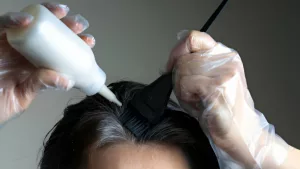
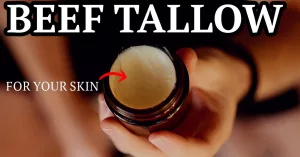
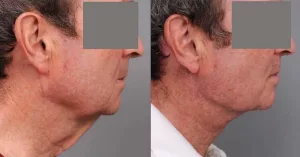
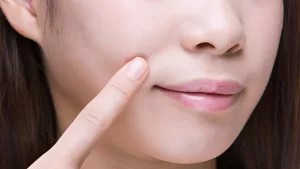


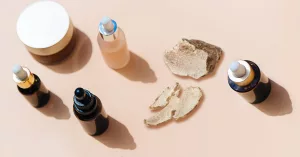










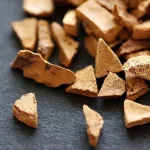




Leave a Reply
You must be logged in to post a comment.